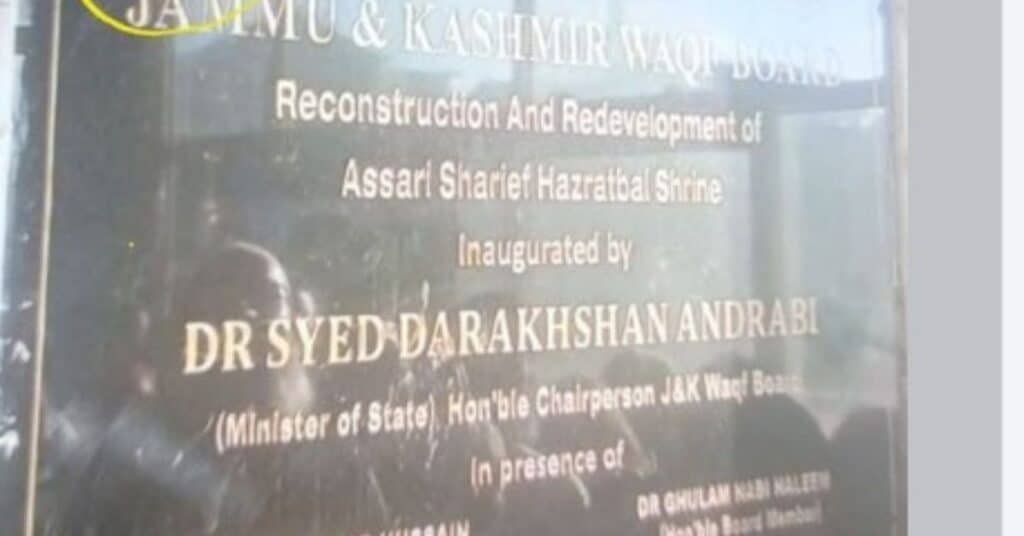MUZAFFARABAD (Kashmir English): The Azad Kashmir High Court, ruled yesterday that the government must allocate all LG&RD development funds to local councils instead of MLAs, affirming their exclusive authority over such projects and declaring any deviation from the law invalid.
The Azad Jammu and Kashmir (AJK) High Court has ruled that Members of the Legislative Assembly (MLAs) have no legal authority to allocate or identify development schemes under the Local Government and Rural Development (LG&RD) budget. The court has prohibited the government from releasing these funds to MLAs, reaffirming that local government institutions have exclusive control over such projects.
The decision was issued on Wednesday by a division bench consisting of Justice Sardar Mohammad Ejaz and Justice Khalid Rasheed while hearing three petitions filed between May and November 2023. The petitions, submitted by local government representatives, challenged the allocation of LG&RD funds to MLAs, arguing that such practices undermined the Local Government Act, of 1990.
Senior lawyers Raja Sajjad Ahmed, Barrister Hamayun Nawaz, and Yaqoob Khan Mughal represented the petitioners, who contended that the government had a legal duty to strengthen local government institutions. They maintained that these institutions should be directly funded for development projects as the LG Act of 1990 clearly outlined their responsibilities and authority.
They further stated that MLAs were being granted undue authority over LG&RD projects through an administrative document known as Dastoor-ul-Amal (LG Manual), which lacked any legal foundation. According to them, after the 2022 local body elections, the government should have fully implemented the provisions of the LG Act by ensuring that funds were allocated to elected local representatives.
Instead, they alleged that officials were bypassing the law by approving unconstitutional budget summaries, thereby obstructing the smooth functioning of local government institutions. They urged the court to prevent the government from transferring any LG&RD funds to MLAs, arguing that doing so was both illegal and unconstitutional.
In response, Advocate General Sheikh Masood Iqbal opposed the petitions, asserting that the complainants were not directly affected and therefore had no legal standing to challenge the government’s actions in court.
However, in a judgment authored by Justice Ejaz, the bench ruled that a thorough examination of the AJK Interim Constitution, 1974, the LG Act, 1990, and related laws confirmed that only local government bodies had the legitimate right to oversee LG&RD development projects. The court stated that the government was legally and constitutionally required to allocate these funds to the local councils.
Azad Kashmir High Court decision
The decision underlined the need for administrative decisions to adhere strictly to established legal procedures; any departure from these principles was deemed illegitimate. The court reiterated its power to order government personnel to behave within the bounds of the law and to void any measures made without legal authority, citing Article 44 (2)(a)(i) & (ii) of the Interim Constitution.
The government was instructed by the court to completely enforce the 1990 law and guarantee that all LG&RD development money is sent solely to local councils after accepting the petitions. Additionally, it prohibited the distribution of any such monies to MLAs, so reaffirming the legal requirement that local government institutions operate autonomously.




